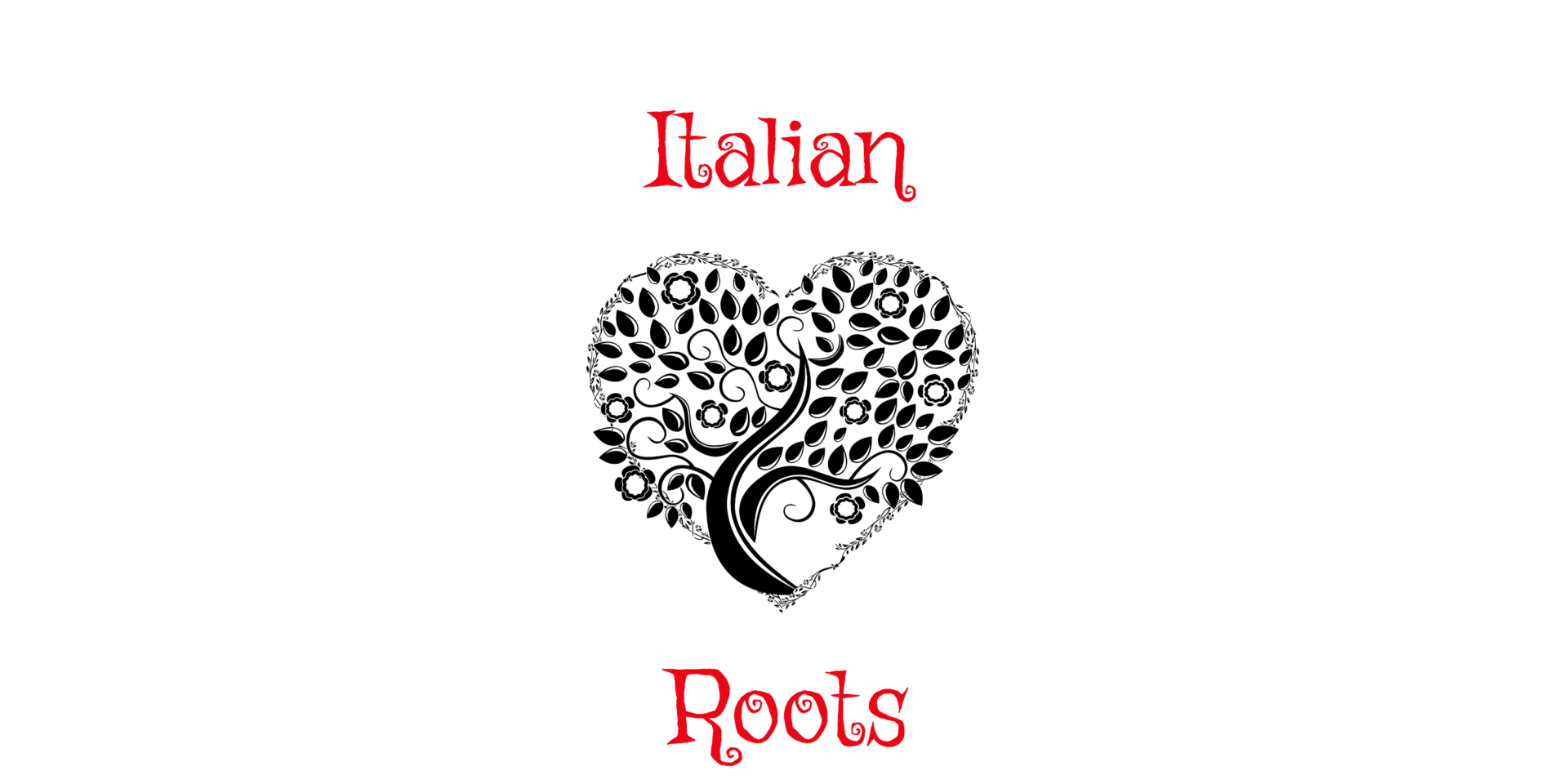
Number 4 Italian Surname Bianchi
There is not a lot of information about the Bianchi surname. Based on what I found below there are two possible origins. There are many branches of the name or family, with many Stemmari ( Crests ) recorded by Stemmario It.
Bianchi is the plural of whites. “People of light complexion” is a good guess, but not an educated one. A religious cult called the “Bianchi” because they dressed in white robes did develop in Italy about the time the family was named, but it seems these people did not take thisi as their surname because it had already been taken by members of a political group: When the Ghibelline, who supported the Holy Roman Empire (with its German Emperor), were banished from Florence in the 14th century, divisiveness continued. The Guelphs, victorious against the Ghibelline in their struggle for local autonomy, split into the Bianchi and the Neri (the whites and the blacks). The Neri then succeeded in banishing the Bianchi (including the writer Dante Aligieri).
There is also a town in Calabria — Bianchi, so it is most likely that some people with this surname got there name from there.
It has been written that some Bianchi ancestors had previously been known, in 3rd century Rome, by the name of Plantus.
Geographical distribution
| equency | Rank in Area | ||
|---|---|---|---|
| Italy | 133,437 | 1:458 | 5 |
| Brazil | 21,771 | 1:9,394 | 596 |
| Argentina | 16,189 | 1:2,640 | 343 |
| United States | 12,217 | 1:29,570 | 3,647 |
| France | 6,583 | 1:10,103 | 964 |
| Switzerland | 3,725 | 1:2,205 | 231 |
| Uruguay | 1,710 | 1:2,004 | 241 |
| Canada | 1,196 | 1:30,768 | 4,014 |
| Spain | 801 | 1:58,164 | 5,358 |
| England | 763 | 1:72,870 | 8,366 |
Russo Links

Italian DNA — Where do we come from?
But I know my grandparents came from Italy, how come I’m not 100% on my Italian DNA test? I know where I came from, why should I take a DNA test. Ahh, there just made up anyway, somebody I know took the test and it said they where only 10% Italian, how can that be? All valid questions. One thing we have to remember is that Italy was not united until the mid 19th Century.
Origins of Italian Names
I have seen a lot of posts with people asking about the Origins of Italian names. There’s a lot of information and articles on the web. I’ll sum it up and attach some links so that they are easy to find. First Names Like most European countries, Italian names consist of a First Name ( nome ) and last name ( cognome ). In ancient Rome, they used three names a given name, a gentile

Most Popular Italian Surnames — Esposito
Number 3 Italian Surname Esposito This is one of the most interesting finds to date. Not only is there information on Esposito, but also on how Italians would name foundlings or orphans. There are many designations. Photo By I, Sailko, Esposito(Italian pronunciation: [eˈspɔːzito]) is a common Italian surname. It ranks fourth among the most widespread surnames in Italy.[1]Although it is frequent throughout the country, it is especially prevalent in the Campaniaregion and, most specifically, in the

Most Popular Italian Surnames — Russo
Number 1 Italian Surname Russo Russo(Italian: [ˈrusso], Sicilian: [ˈrussʊ]) is a common Siciliansurname, historically denoting nobility.[2]The root of the name originates from Medieval Latin for, Rus’,meaning, “the Norseman”—the Viking founders of the Russian Principalities—from Old Norse, “the men who row”.[3]The first recorded entry of the name Russo was discovered in the documents of Sperlinga Castle in Enna, Sicily, dated 1132.[1]Under the Norman rule of Sicily, King Roger II had granted the land title of Sperlinga Castle to

Most Popular Italian Surnames — Ferrari
Number 2 Italian Surname This ancient surname is of pre Christian and Roman origins. Recorded in over seventy spellings from Farrar, Farrah, Pharro and Pharoah, to Ferrara, Ferrari, Varey, Varrow and Ferrarotti, the name derives from the Latin word “ferrum”, through in other countries the later French “ferreor” , and the Middle English “Farrier”. All originally had the same basic meaning of an iron worker, although over the centuries more specific meanings have been applied.
Italian DNA – Haplogroups
Having received great feedback on my post Italian DNA — Where Do We Come From? I thought I would go a little deeper into Haplogroups. Very simple put, a Haplogroup is a marker of sorts that denotes a certain mutation at a certain time in history. This marker allows genealogists to more or less pinpoint a migration path. Males inherit this marker from both parents, while females only their mother. Knowing your haplogroup allows

















